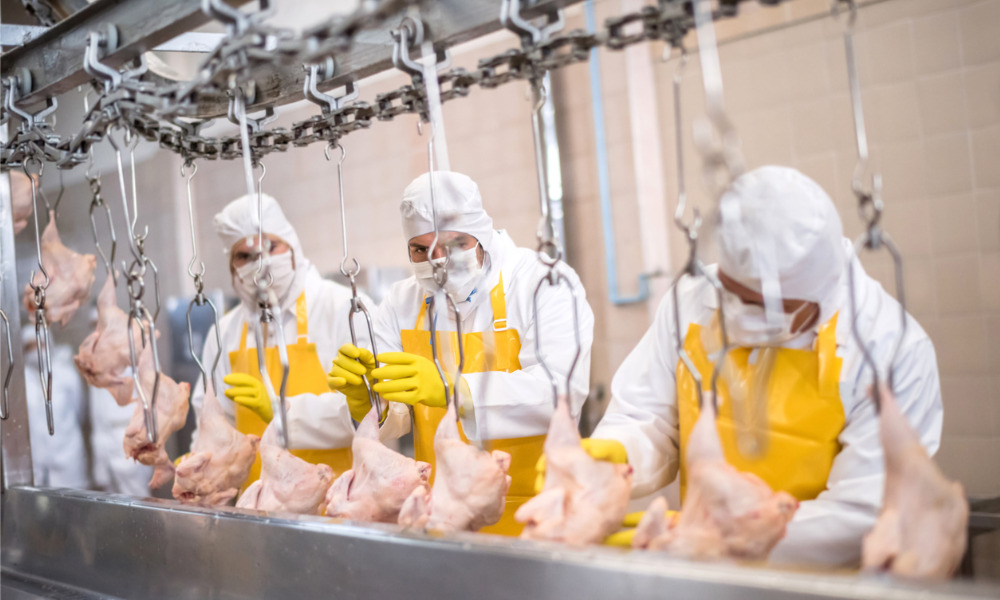Plants in both countries have been linked to large-scale outbreaks of the virus

A recent report published by The Canadian Press states that a COVID-19 outbreak at a meat packing plant in Alberta has forced the plant to shut down on Monday this week. The owners of the plant, Cargill, shut it down after 484 cases of COVID-19 were found. Similarly, 67 cases have been recorded in Brooks, Alberta, at a JBS plant – though that plant remains open.
Fabian Murphy, president of the Agriculture Union which represents federal meat inspectors, said that it is a matter of time before the JBS plant is forced to temporarily halt production to allow for its employees to self-isolate.
JBS had to shut down one of its plants in Minnesota this week after 33 employees there tested positive for the virus. This follows a shutdown of one of its plants in Missouri, and the temporary shutdown of a plant in Michigan after 60 employees tested positive for the virus.
These outbreaks are part of a series of COVID-19 outbreaks affecting meat packing plants in Canada and the US.
Smithfield Foods
Indeed, the Smithfield Foods plant in Sioux Falls, South Dakota, was forced to shut down recently.
It has been linked to a major outbreak of the virus in the State, after over 500 workers at the pork plant tested positive for COVID-19. As of April 15, the plant had a cluster of 644 confirmed cases among the employees, reports the BBC.
It is one of the largest clusters of cases in the US, and accounts for 55% of the cases in South Dakota.
Furthermore, four employees of Tyson Foods, a poultry producer, have died due to COVID-19 in Georgia, reported a company spokesperson last week. This includes three people who worked at the chicken processing plant.
Meat packing plants around the US have been shutting down indefinitely or temporarily as more and more employees test positive for the virus.
So, what next? The increasing number of cases and large-scale infections is leading to questions about the integrity of the food supply chain, but also what can be done by these companies and by federal governments to better protect these frontline workers who are deemed essential by both Canada and the US.





